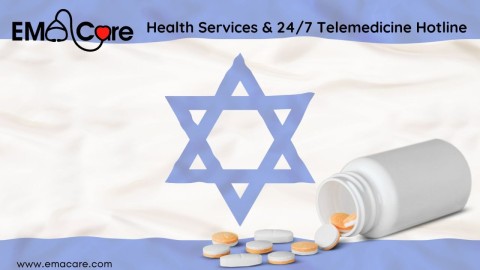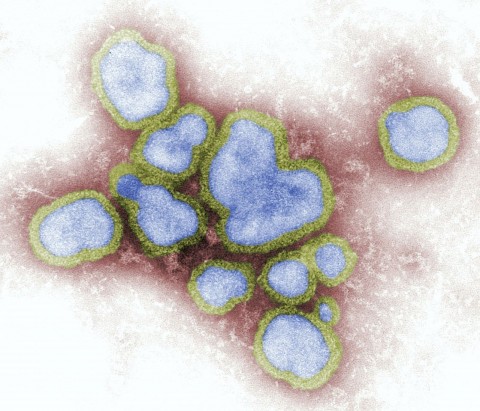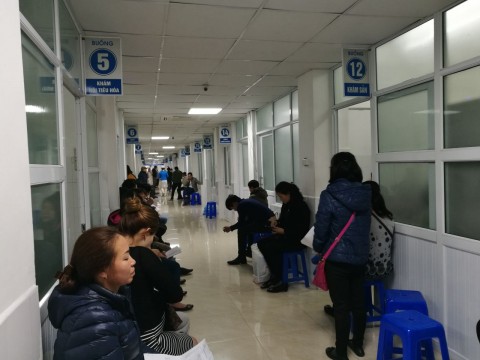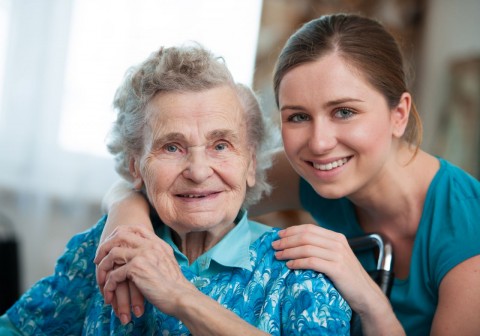Arthritis & Joint Pain
Arthritis is the swelling or tenderness of the joints. The two most common types of arthritis are Osteoarthritis and Rheumatoid Arthritis.
Osteoarthritis
Osteoarthritis is the most common type of arthritis. It affects millions of people globally. Every joint has cartilage that surrounds the bones and allows the joint to move smoothly. Osteoarthritis happens when the cartilage surrounding the joints starts to break down. This causes pain in the joint, especially during the movement of the joint. Osteoarthritis can also cause changes in the bones and deterioration of the connective tissue that attaches the muscle to the bone. Osteoarthritis is most common in the hands, knees, hips, and sometimes the spine.
The damage caused by Osteoarthritis cannot be reversed, but it can be managed. Many treatments are available for pain management. Additionally, maintaining a healthy lifestyle can help reduce the symptoms (eating healthy, exercising, and staying active).
Rheumatoid Arthritis
Rheumatoid Arthritis is a disease in which the immune system mistakenly attacks the joints. In some cases, the condition can damage other areas of the body in addition to the joints. It can damage the skin, lungs, eyes, and blood vessels. Rheumatoid Arthritis can cause painful swelling of the joints and even cause deformity of the bones and joints.
Arthritis symptoms
The most common symptoms are:
- Joint pain
- Stiffness
- Swollen joints
- Redness
- Decrease range of motion in the joint
Risk factors
Age – The risk of arthritis increases with age. On average, 49% of people over the age of 65 have been diagnosed with arthritis.
Family medical history – family medical history has a significant influence on the risk of certain diseases, including arthritis. If your parents or siblings have arthritis, then you have a higher risk of developing arthritis.
Gender – Prevalence rates of arthritis are higher in women than men. One in four women has arthritis (at a later age), compared to one in five men. Women are more prone to developing arthritis for the following reasons:
- To accommodate childbirth, women have wider hips – this can affect the alignment of the knees in a way that leaves them more vulnerable to injury.
- Hormones – Estrogen helps to keep inflammation down. However, older women have lower estrogen levels; therefore, it’s more likely to develop inflammation of the joints.
Obesity – being obese puts pressure on the joints, increasing the chances of developing arthritis. It primarily affects the joints in the knees.
Treatment
The treatment of arthritis is focused on pain management and improving the function of the joint. Many people require a combination of treatments to manage arthritis.
- Painkillers – There are many painkillers, both over the counter and prescribed medications. The medications will depend on your doctor and your level of pain. Some people who suffer extensively use opioids and even medical marijuana.
- Anti-inflammatory drugs – Anti-inflammatory drugs (NSAIDs) are the most frequently used to ease pain, inflammation, and stiffness. NSAIDs work by preventing an enzyme called cyclooxygenase from making hormone-like chemicals called prostaglandins. Prostaglandins are one of the body’s biggest contributors to inflammation.
- Cortisone Injections – Cortisone is injected directly to the site of pain. Cortisone minimizes inflammation and will help relieve pain from arthritis.
- Physical therapy – Physical therapy can be beneficial for some types of arthritis. Exercises can improve the joint's range of movement, and they can also help strengthen the muscles surrounding the joints.
The good news is that new treatments for arthritis are being discovered every day, and arthritis is becoming more manageable.
When you subscribe to the blog, we will send you an e-mail when there are new updates on the site so you wouldn't miss them.

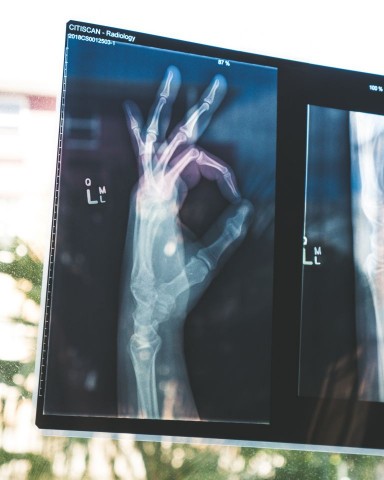
-test---for-blogs.jpg)

